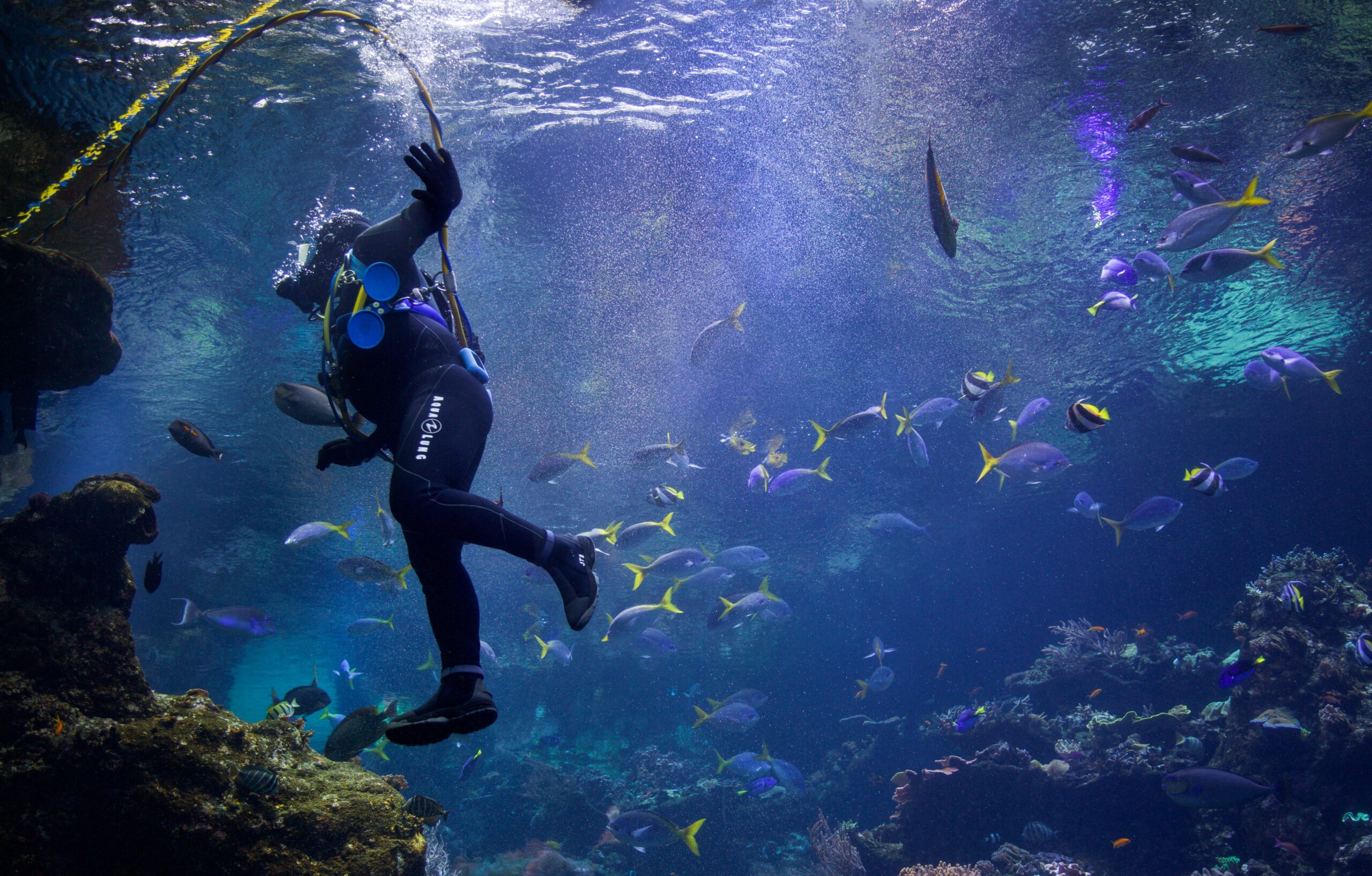
A “Focused Research Organization” to Quantify Ocean Carbon
The [C]Worthy Project will create first-of-its-kind, open-source software infrastructure for ocean carbon measurement, reporting and verification (MRV) to help drive the nascent marine-based carbon dioxide removal market.
Problem Statement
There is scientific consensus that industrial-scale Carbon Dioxide Removal (CDR) will be necessary to meet the Paris Agreement’s goal of keeping the rise in global temperature to within 1.5°C or 2°C. By enhancing the ocean’s natural capacity for carbon sequestration and long-term storage, ocean-based CDR is one of the few strategies with the potential to remove carbon at the necessary scales. While investments are pouring into the design and early-stage deployment of ocean-based CDR technologies, the ocean is a complex ecosystem, a constantly moving fluid, posing challenges to quantifying ocean-based CDR projects. It is essential to establish scientifically credible methods for quantifying net carbon removal from CDR deployments and codify these as standards for Monitoring, Reporting, and Verification (MRV). [C]worthy is proposing transformative, open-source, technical solutions to confront these challenges.
Project Concept
[C]worthy aims at building the first foundational open-source computational infrastructure for MRV of ocean-based carbon dioxide removal technologies. The [C]worthy team will develop an innovative and first-of-its-kind MRV software infrastructure applicable across the range of ocean-based CDR technologies that are currently under study and testing in the US and internationally. This MRV platform will integrate ocean observations and advanced Earth system modeling tools at regional to global scales; it will incorporate ocean biogeochemistry and ecosystem models and data assimilation capabilities and it will advance techniques for efficient computation and analysis. This platform will be designed as open-source infrastructure with interoperable components—ensuring transparency and broad access to a growing CDR community.
What is a Focused Research Organization?
Focused Research Organizations (FROs) are time-limited mission-focused research teams organized like a startup to tackle a specific mid-scale science or technology challenge. FRO projects seek to produce transformative new tools, technologies, processes, or datasets that serve as public goods, creating new capabilities for the research community with the goal of accelerating scientific and technological progress more broadly. Crucially, FRO projects are those that often fall between the cracks left by existing research funding sources due to conflicting incentives, processes, mission, or culture. There are likely a large range of project concepts for which agencies could leverage FRO-style entities to achieve their mission and advance scientific progress.
This project is suited for a FRO-style approach because the [C]worthy development project requires a level of coordinated computational engineering that is too big for a single academic lab, too complex for a loose multi-lab collaboration, and not directly profitable enough for a venture-backed startup or industrial R&D project. It is aiming to develop an open-source IT infrastructure, which is a product of public benefit for science and technology. This requires tight-knit coordinated effort in a fast-paced start-up-like environment. It is therefore best fit for the FRO model.
Key Contacts
Team lead
- Matt Long, PhD, matt@cworthy.org
Referrers
- Matt Hourihan, Federation of American Scientists, mhourihan@fas.org
- Alice Wu, Federation of American Scientists, awu@fas.org
Learn more about FROs, and see our full library of FRO project proposals here.
As people wait for this catastrophic grid failure to be remedied, much of southeast Texas, which includes Houston, is enduring dangerous, extreme heat with no air conditioning amid an ongoing heatwave.
The federal government plays a critical role in scaling up heat resilience interventions through research and development, regulations, standards, guidance, funding sources, and other policy levers. But what are the transformational policy opportunities for action?
Comprehensive heat safety standards are essential to mitigate the impacts of climate change on farmworkers and ensure the sustainability and resilience of agricultural operations.
Public deliberation, when performed well, can lead to more transparency, accountability to the public, and the emergence of ideas that would otherwise go unnoticed.